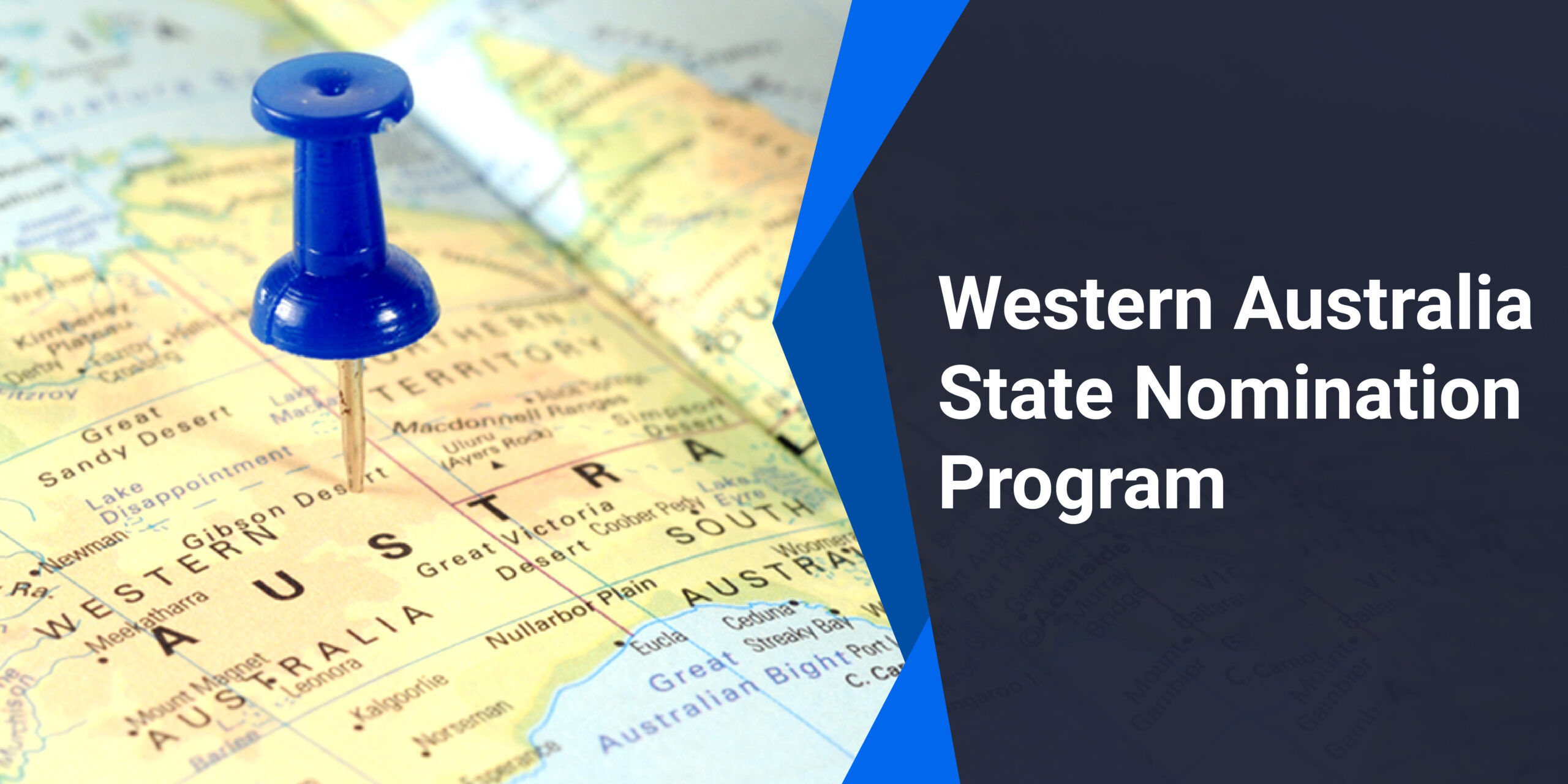The future of Australian Immigration policy is a major topic at Anthony Albanese’s Jobs and Skills Summit. A major concern is the ongoing labour shortage, which has affected various industries’ employees.
The challenges the Australian economy is currently facing are immense and without precedent. The worker shortage is causing major issues for businesses across various industries, from airlines to hospitality, aged care, and child care. Australia’s transition to a post-COVID economy needs to be smooth.
There is currently a labour shortage in Australia, yet wages have stagnated. To address this unusual situation, the Labour Government has invited business and union leaders, government officials, and academics to participate in a Jobs and Skills Summit. This blog will cover the topics discussed at the skill summit.
What are Jobs and Skills Summit?
The Jobs and Skills Summit is designed to bring Australians together to discuss the challenges and opportunities facing the country’s labour market and economy in order to take immediate action to build a bigger, better-trained, and more productive workforce. This will create more opportunities for Australians, provide secure jobs with growing wages, boost incomes and living standards, and increase living standards. The Summit has also laid out priorities for the skills shortage list in Australia.
Why is the Jobs and Skills Summit different?
As part of the summit agenda, some significant challenges will be addressed: Ongoing worker shortages affect employers throughout the country. There is a growing shortage of workers in-demand jobs in Australia in various industries, ranging from airlines to manufacturers to restaurants, while the unemployment rate stands at a historic low of 3.4%.
The future of Australia’s migration program is also on the agenda: Border closures have created a large backlog of skilled visa Australia applications during the pandemic that disrupted skilled migration in Australia. In the meantime, real wages stagnate, and unions call for major reforms to boost wages.
On August 2022, the Australian Council of Trade Unions’ Secretary, Sally McManus, initiated a campaign to execute enterprise bargaining across industries, enabling unions to negotiate pay amongst multiple workplaces within one economic sector. Along with this, the ACTU has demanded other significant changes, for example, a windfall tax on organizations that are reaping high benefits from inflation and the Stage 3 tax cuts introduced by the Coalition and backed by Labor to be forsaken.
What are the outcomes of the Summit on Australian Apprenticeships?
Increase in Skilled Migration
According to recent Australian immigration news, the Australian Government has increased its permanent migration quota from 160,000 to 195,000 for the year to June 2023, with all of the extra 35,000 places allocated to skilled work visas. A two-year extension of post-study work rights will also be offered to international graduates with skills shortages from Australian universities.
It seems the government is finally listening to what the people have been saying about the difficulty of finding skilled workers in certain parts of the country. This is a great step forward in addressing the issue and hopefully will help ease the burden on businesses and families struggling to find workers with the right skills.
Fee-free TAFE announcement
For the year 2023, Mr. Albanese announced an agreement between the Commonwealth and every State and Territory Government for the creation of 180,000 fee-free TAFE places.
The $1.1 billion package will be jointly funded by federal, state, and territory governments and aims to assist Australians in developing the skills needed to get good jobs in national priority areas.
Workforce participation
A policy proposal to change the age pension means encouraging older Australians to re-enter the workforce is an idea that the Liberal Party has endorsed since losing office.
Under the current age pension income test, a single person loses 50% of every dollar they earn over $180 a fortnight. The current age pension is $882 a fortnight.
Bringing forward the government’s expanded childcare subsidies to boost women’s workforce participation is another policy unlikely to be met with agreement.
Industrial relations
The government, employers, and unions all agree the enterprise bargaining system is broken, failing to deliver pay raises to workers. A key component of industrial bargaining is the better-off overall test (the BOOT), which ensures workers don’t reverse their positions during enterprise negotiations and must be simplified.
What were the outcomes of the skill summit?
The Australian Federal Government pledged 36 immediate outcomes. Some of those were to:
- Create a more skilled workforce by funding fee-free TAFE through a joint federal-state investment of $1 billion in 2023 and hiring 465,000 more workers
- To alleviate critical skills shortages, the immigration cap from 160,000 to 195,000 places in 2022-2023, additional funding will be provided for visa processing to be accelerated, as well as visa extensions and easing work restrictions for international students.
- Reduce barriers to skilled occupation list in Australia and promote equal opportunities by providing up-front income credit of $4,000 to aged pensioners.
- To strengthen reporting standards, employers with 500 or more employees must set measurable gender equality targets and report their gender pay gaps to the Workplace Gender Equality Agency.
- Boost jobs and opportunities in our industries and communities by implementing ‘Digital Apprenticeships’ in the Australian Public Service and providing 1,000 digital traineeships over four years
- Amend the Fair Work Act 2009 (Cth) to:
- Achieve flexible options for agreements that benefit workers and businesses by allowing good-faith negotiation.
- Reduce complexity for workers and employers, including making the BOOT simple, flexible, and equitable.
- Make the Fair Work Commission (FWC) capable of helping workers and businesses reach proactive agreements.
- Provide greater flexibility in working arrangements, unpaid parental leave, and more protection against discrimination, harassment, and adverse action.
- Allow the FWC to issue orders for minimum standards for “employee-like” forms of work, like gig work.
If you are looking for a reputable Australian immigration agency with a follow-up with the new update ongoing in the Australia Immigration program, look no further than Indeedvisa! Our team of visa experts can assist you in completing your complicated Australian visa application and give you an edge over other applicants. With our extensive experience in overseas immigration and education and our comprehensive knowledge of migration laws, you can be sure that you’re in good hands. We also guarantee 100% satisfaction with our services, and we always work in the best interest of our clients with the highest professional ethics. Plus, our services are affordable with no hidden costs involved.
Contact Indeedvisa at +61 430 575 574 for more information.




